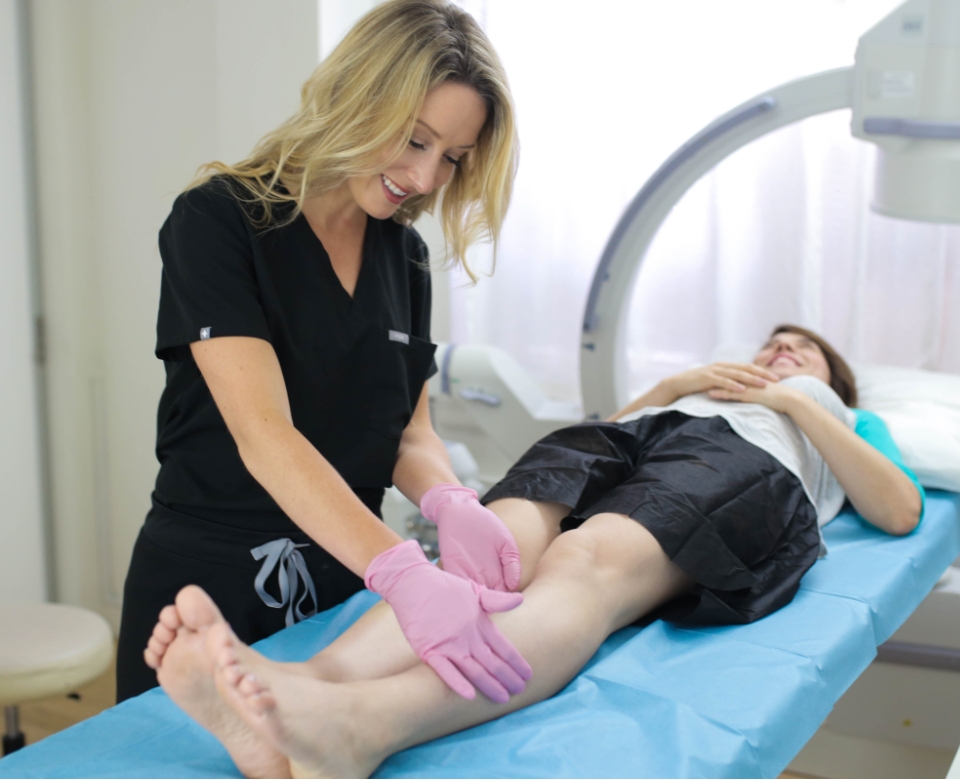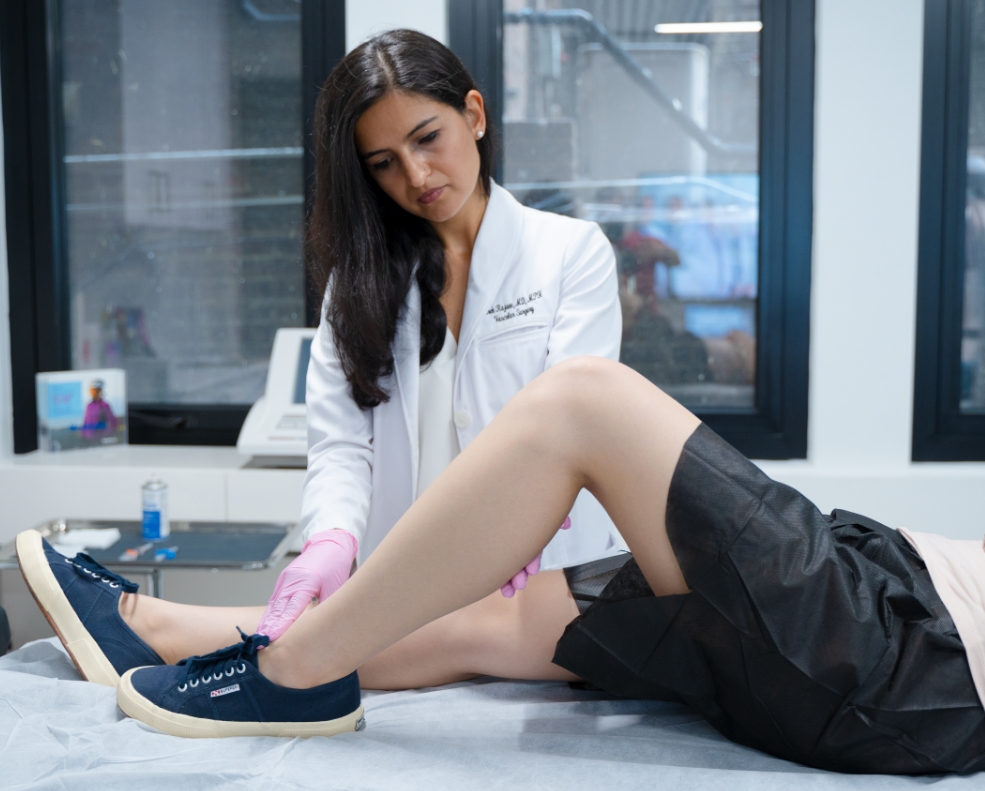How Do Vascular Specialists Diagnose Varicose Veins?
Varicose veins, with their unmistakable appearance and potential discomfort, affect millions of individuals worldwide. While they may seem like a cosmetic concern, these bulging veins can signify underlying vascular issues that warrant professional attention. This article delves into the intricate process by which vascular specialists diagnose varicose veins. Shedding light on the query "what doctor treats varicose veins" and exploring the nomenclature associated with vein specialists, we embark on a comprehensive journey to understand the expertise behind the management of this common yet often misunderstood condition.
The Role of Vascular Specialists
Vascular specialists, also known as vascular surgeons, play a pivotal role in diagnosing and treating conditions that affect the blood vessels, including veins and arteries. With their specialized training and in-depth knowledge of the circulatory system, these medical professionals are well-equipped to identify the root causes of varicose veins and provide tailored treatment options.

Diagnostic Tools in the Arsenal
- Clinical Assessment: A comprehensive evaluation by a vascular specialist often begins with a thorough physical examination. By assessing the appearance of the veins, discussing symptoms, and reviewing your medical history, the specialist gains valuable insights that aid in accurate diagnosis.
- Duplex Ultrasound: This non-invasive imaging technique serves as a cornerstone in diagnosing varicose veins. By utilizing high-frequency sound waves, duplex ultrasound allows vascular specialists to visualize the blood flow within your veins, identify areas of reflux (backflow), and assess the overall condition of the venous system.
- Doppler Ultrasound: Often used in conjunction with duplex ultrasound, Doppler ultrasound focuses on measuring the speed and direction of blood flow. This information helps vascular specialists pinpoint areas of concern and determine the severity of venous insufficiency.
- Venography: In certain cases, venography may be employed to provide a more detailed view of the venous system. This procedure involves injecting a contrast dye into the veins and capturing X-ray images, enabling vascular specialists to precisely map the blood flow and identify any abnormalities.
- CT or MRI Scans: While less commonly used for diagnosing varicose veins, advanced imaging modalities like computed tomography (CT) or magnetic resonance imaging (MRI) can offer comprehensive insights into the vascular anatomy, aiding vascular specialists in making informed diagnostic decisions.
Customized Treatment Pathways
Upon a definitive diagnosis, vascular specialists work in collaboration with patients to design personalized treatment plans. These plans may encompass a range of options tailored to the severity of the condition, patient preferences, and overall health.

- Conservative Approaches: Mild cases of varicose veins may be managed through conservative measures such as lifestyle modifications, compression stockings, and regular exercise. Vascular specialists guide patients in adopting these strategies to alleviate discomfort and prevent further progression.
- Minimally Invasive Procedures: For more significant cases, vascular specialists offer a repertoire of minimally invasive procedures. Endovenous techniques like laser ablation and radiofrequency closure target the underlying causes of varicose veins, promoting efficient blood flow and reducing the visible manifestations.
- Sclerotherapy: Vascular specialists may employ sclerotherapy to treat both varicose and spider veins. This procedure involves injecting a solution into the affected veins, causing them to collapse and eventually fade from view.
- Surgical Interventions: In rare instances where the condition is severe or refractory to other treatments, surgical options like vein ligation and stripping may be recommended by vascular specialists.
The Nomenclature: What is a Vein Doctor Called?
A vascular specialist who focuses on the treatment of veins is commonly referred to as a "phlebologist." This term encapsulates their expertise in diagnosing and managing a wide spectrum of venous conditions, from varicose veins to deep vein thrombosis.
Conclusion:
Varicose veins, though often dismissed as a mere cosmetic concern, can hold profound implications for your vascular health. Vascular specialists, armed with their diagnostic acumen and innovative tools, embark on a journey to unravel the mysteries beneath the skin's surface. Through a meticulous process of evaluation, imaging, and collaboration, these medical professionals provide tailored solutions that encompass both relief and revitalization. So, if you find yourself pondering "how do vascular specialists diagnose varicose veins?" remember that their expertise holds the key to unveiling healthier, more vibrant veins and a renewed sense of well-being.
Comments
Post a Comment